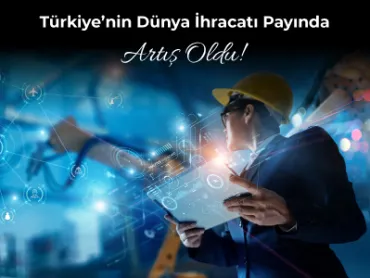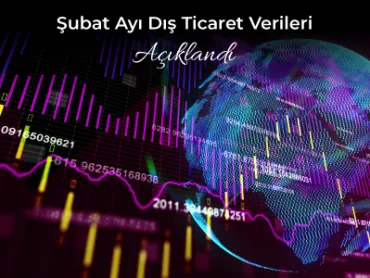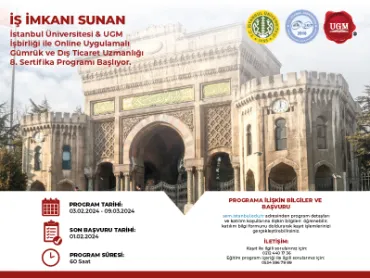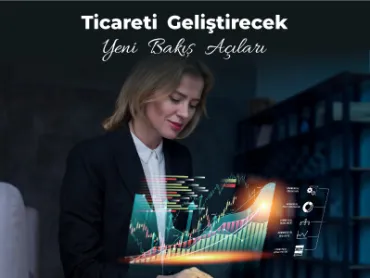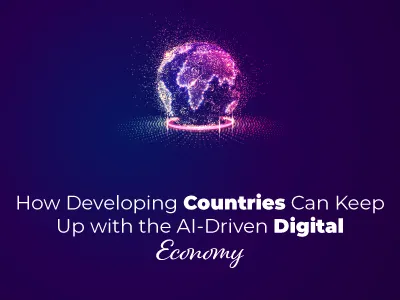
UNCTAD eWeek reiterates the global call to help create a more inclusive and people-centered digital future by uniting rather than dividing AI.
Artificial intelligence, or AI, continues to take the world by storm, bringing enormous opportunities and profound challenges to our economies and societies. AI is, therefore, playing an increasingly vital role in the digital economy, revolutionizing everything from data analytics to product and service personalization while raising critical questions about privacy, data security, and the ethical use of technology. That's why all the experts at UNCTAD eWeek 2023 agree that the world cannot afford to leave AI unchecked.
"Our approach to developing AI must be aligned with the Sustainable Development Goals, effectively addresses potential risks, and creates a digital future that is open, free, secure, and focused on human needs," said UNCTAD Secretary-General Rebeca Grynspan at the opening of a high-level session on December 6. Diplomats, thought leaders, and heads of international organizations joined her to explore how the interplay between AI and the digital economy can evolve, especially for developing countries, and how the benefits will accrue to every nation and individual.
Risk of 'Information Slavery'
As the rapid advance of AI outpaces existing governance frameworks, experts at eWeek continue to express concern about the risks associated with the growing gap. In particular, AI's misuse and harmful applications could destabilize markets, spread misinformation even faster, and escalate conflicts. UNCTAD experts, therefore, identify as a worrying risk "information slavery," a scenario in which a centralized AI system could monopolize or control access to past or new knowledge.
From Flea Markets to Slums
Only a few significant platforms and countries dominate the AI landscape.
According to UNCTAD's Technology and Innovation Report 2023, AI pioneers such as China, the United Kingdom, and the United States own almost half of all AI-related publications and patents. This dominance outstrips many countries, especially the least developed ones, which are often relegated to the role of mere data providers.
Similarly, a handful of global tech giants control most of the data flows and revenues from digital services, further centralizing the direction and benefits of AI and exacerbating existing technology divides based on geography, gender, income, and age.
This is why experts at UNCTAD eWeek 2023 stress the importance of democratizing AI to spread its benefits beyond major tech hubs to every corner of the world, from flea markets to slums.
Global Cooperation is Vital
UNCTAD advocates for a future of AI that focuses on empowering all individuals and societies through its responsible and ethical development and application. Achieving this requires inclusive digital cooperation to address inequalities in digital access, data availability, and innovation while ensuring that AI developments are compatible with universal values and human rights.
Given the borderless nature of AI's innovation and impact, formulating effective policies and governance frameworks requires a concerted and multilateral approach. Experts underline the importance of engaging a diverse range of countries, particularly developing countries. In this context, steering AI in the right direction will depend on multi-stakeholder collaboration between governments, academia, the private sector, civil society, and other key players. Working together, they can better anticipate and mitigate risks. They can also help strike the right balance between setting ethical guidelines and encouraging creativity and innovation.
Insights from eWeek will contribute to broader efforts led by the UN Secretary-General's Advisory Board on Artificial Intelligence, tasked with analyzing and advancing recommendations on AI's ethical development and use.
 Back
Back